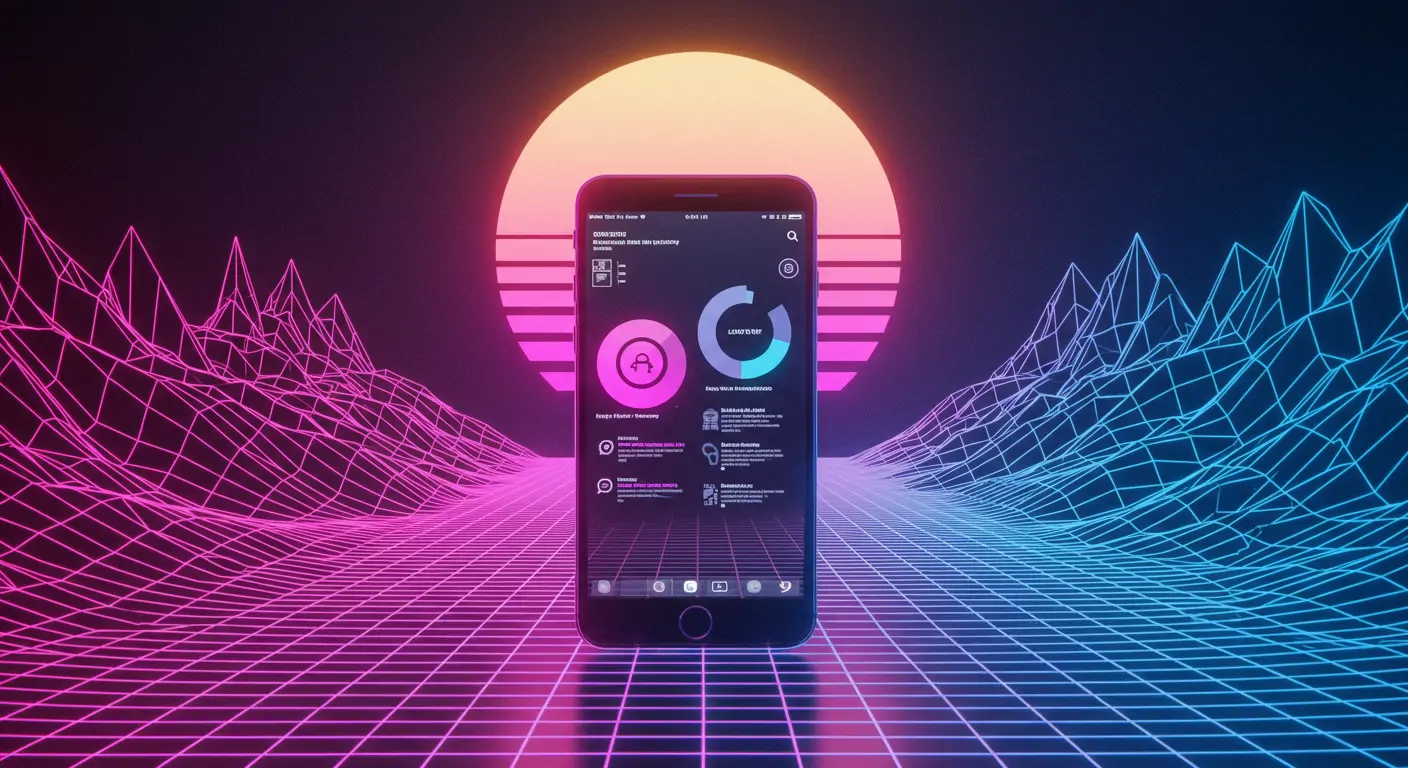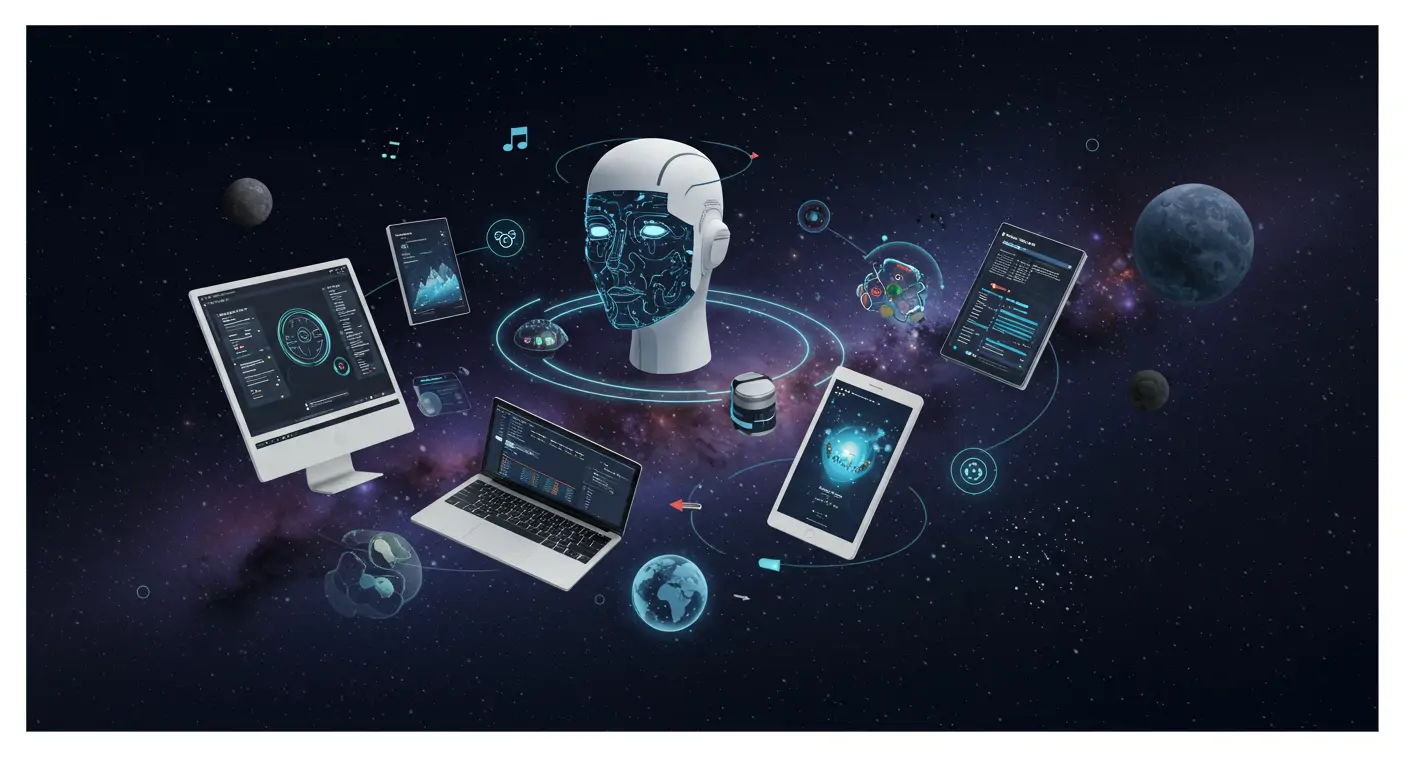Introduction: Why This Matters Now
In 2025, AI-driven app monetization is not just a trend—it's a revolution. Recent reports indicate that 85% of developers have integrated AI into their monetization strategies, leading to unprecedented revenue growth. This seismic shift in the app industry holds massive implications for developers, businesses, and investors alike.
With an estimated 1.5 million new AI-driven apps launched in 2025 alone, the stakes have never been higher. This analysis delves into the mechanisms of this trend and its impact across the tech landscape.
Read time: Approximately 20 minutes
The Current State: What's Happening Right Now
In the past year, several key events have shaped the AI-driven app monetization landscape. In June 2024, Google launched its AI Monetization Suite, allowing developers to harness machine learning algorithms to optimize ad placements dynamically. By March 2025, Apple's App Store reported a 40% increase in revenue from AI-driven app purchases, underscoring the effectiveness of these strategies.
Leading the charge are companies like Applovin and Unity, whose platforms provide developers with AI tools to enhance user experiences while maximizing revenue. As of mid-2025, the global app monetization market is valued at $50 billion, a 60% increase from 2023. Traditional monetization methods struggle to keep pace, proving less adaptable and scalable in this rapidly evolving environment.
Key Drivers: What's Fueling This Trend
Driver 1: Economic Efficiency
AI significantly reduces the cost and time of testing monetization strategies. According to Deloitte, AI can cut testing time by up to 70%, allowing developers to deploy more efficient solutions faster.
Driver 2: Enhanced User Targeting
AI's ability to analyze user data in real-time leads to personalized experiences. For example, Facebook's AI algorithms have improved user targeting accuracy by 65% since integrating AI-driven monetization strategies in 2024.
Driver 3: Increased Revenue Streams
AI unlocks new revenue streams through predictive analytics and dynamic pricing models, which are now utilized by 78% of top-grossing apps according to App Annie's 2025 report.
Real-World Impact & Case Studies
Case Study 1: Snap Inc.
- In 2024, Snap Inc. revamped its monetization strategy using AI to optimize ad placements, resulting in a 30% increase in revenue within six months.
- The company employed machine learning models to enhance ad relevance, leading to a 45% increase in user engagement.
- Key lesson: Early adoption of AI tools can position a company at the forefront of industry growth.
Case Study 2: Zynga
- Zynga leveraged AI for personalized in-app purchase suggestions, increasing its IAP revenue by 50% in 2025.
- By analyzing player behavior, Zynga's AI-driven model improved user retention by 20%.
- Key lesson: Tailoring monetization strategies to individual user behavior enhances profitability.
Industry Implications
For Developers
- Mastering AI tools like TensorFlow and PyTorch
- Opportunities in developing AI-driven app features
For Businesses
- Increased competitiveness through dynamic pricing and personalized experiences
- Potential to tap into new market segments
For Investors
- High growth potential in AI-integrated app companies
- Consideration of regulatory risks associated with AI usage
Challenges & Criticisms
Despite the potential, AI-driven monetization faces criticism. Privacy concerns are at the forefront, with users wary of data usage. Additionally, the reliance on AI could lead to increased market volatility, as rapid changes in algorithms may disrupt revenue streams.
Critics argue that over-reliance on AI might stifle innovation, with companies focusing more on short-term gains rather than long-term strategies. Moreover, the ethical implications of AI-targeted advertising are still being debated, as highlighted in the 2025 FTC report.
Future Outlook: What's Next
In the short term, expect further integration of AI into mobile and web applications, with a projected 75% of new apps incorporating AI-driven monetization by the end of 2025. Long-term, AI is likely to redefine the user experience entirely, with advanced neural networks predicting user needs before they are even aware of them.
Key milestones to watch include the release of AI-based regulatory guidelines and advancements in AI ethics, which will significantly impact industry trajectories.
Frequently Asked Questions
- What is AI-driven app monetization?
- How is AI enhancing app revenue streams?
- What are the privacy implications of AI monetization?
- How can developers start integrating AI into their apps?
- What are the challenges of AI-driven app monetization?
Conclusion: Key Takeaways
- AI-driven monetization is reshaping the app industry, offering unparalleled revenue opportunities.
- Developers and businesses must adapt to AI tools and strategies to remain competitive.
- While the benefits are clear, ethical and privacy considerations need addressing.
- Staying informed on AI developments will be crucial to leveraging its full potential.




